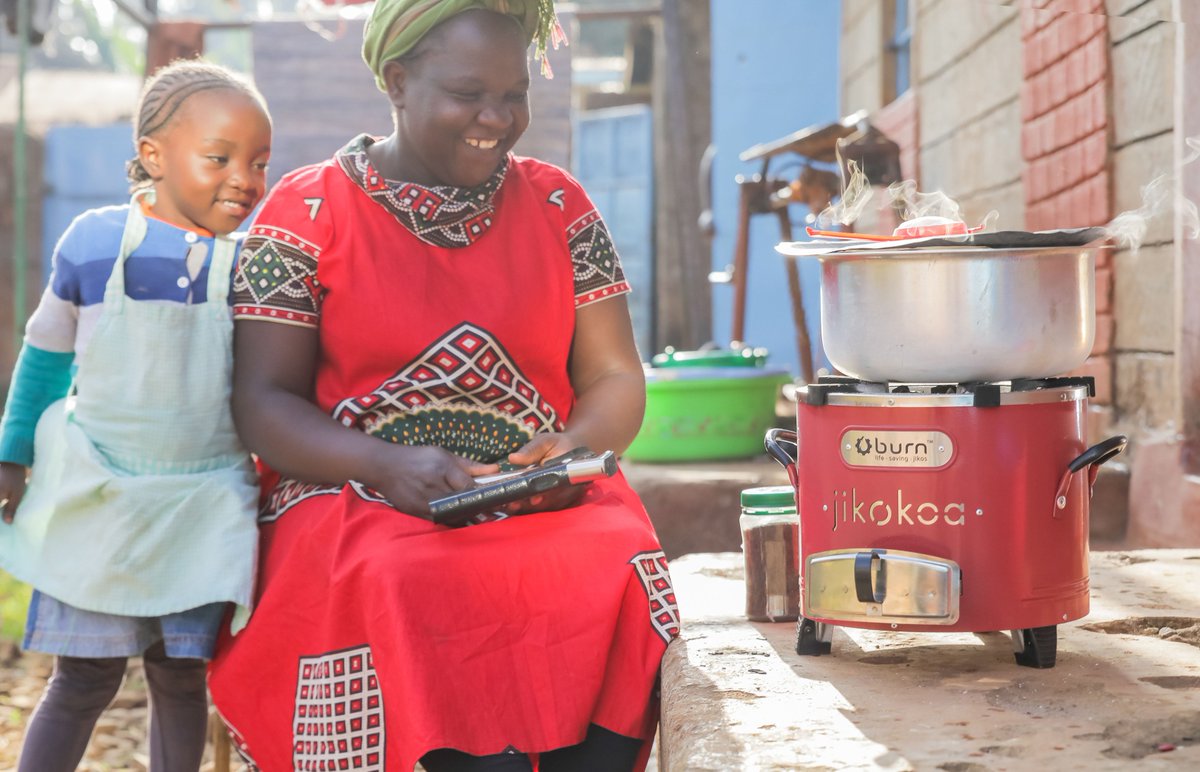Six out of ten Kenyans cook their food using solid fuels in inefficient traditional stoves in poorly ventilated rooms, cooking this way exposes them to health-damaging pollutants, which experts warn may make them vulnerable to COVID-19.
According to WHO, in sub-Saharan Africa, harmful cooking smoke is believed to cause about one-third of acute respiratory infections and 550,000 deaths annually. This is why health experts are concerned that respiratory stresses – from air pollution in cities to smoke inhalation from cooking fires – could aggravate vulnerability to COVID-19, more so women and children who’re tasked with household cooking.
The adoption of cleaner and efficient cookstoves and fuels can dramatically reduce exposure to harmful cooking smoke, including helping to mitigate climate change by reducing black carbon in the atmosphere.
Despite the many benefits of cooking on a cleaner stove, adoption has been slow – mainly due to financial challenges and embedded cultural cooking practices that promote cooking on open fires.
Indeed, a lot more needs to be done to reach more people with clean cooking stoves, said BURN Manufacturing CEO Peter Scott; for example, investments from the public- and private sector organizations will go a long way in supporting innovation and manufacturing in the cookstove sector in both sub-Saharan Africa and around the world if we are to meet the cooking needs of the continent.
Adding that a steady flow of funding will allow companies like BURN to expand its market reach, increase manufacturing capacity and at the same time subsidize the cost of stoves.
BURN which is a leading cookstove manufacturer located in Ruiru, Kiambu County, and is in its 7th year of operations in Kenya has sold more than 800,000 units of its revolutionary clean cooking jikos and benefitted 4million people in East Africa.
BURN stoves are designed and engineered to reduce harmful carbon dioxide emissions from burning biomass fuels such as charcoal and firewood, reduce fuel consumption by 56% and save consumers about 18,000Ksh annually through reduced fuel costs, said Mr. Scott.
To help close the household energy gap in Kenya, the company has lowered the price of its revolutionary clean cooking jiko – Jikokoa by 1200Ksh.
Before the Jikokoa cost 4490Ksh but with the price reduction, it will now cost 3290Ksh and is available countrywide.
Affordable household energy lines up with the sustainable development goals, as such BURN is in the process of launching a low-cost version of our top selling clean-burning charcoal stoves that will see more families afford and access the stove. Including developing affordable innovative cookstoves such as electric, electric + biomass, and liquid fuel stoves.
This article has been written by Nimo Nyambura, an award-winning multimedia journalist, and the PR & Communication lead at BURN Manufacturing USA LLC. Nimo has previously served as the East African lead reporter for Interpress News Service (IPS) TV. She has an interest in stories on women, children, and disability.

